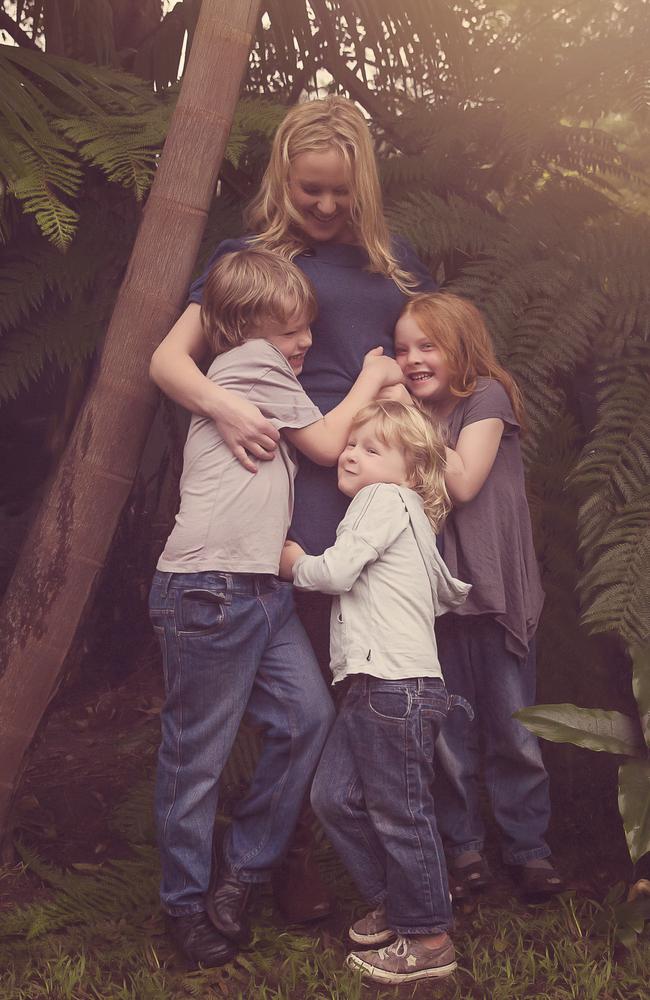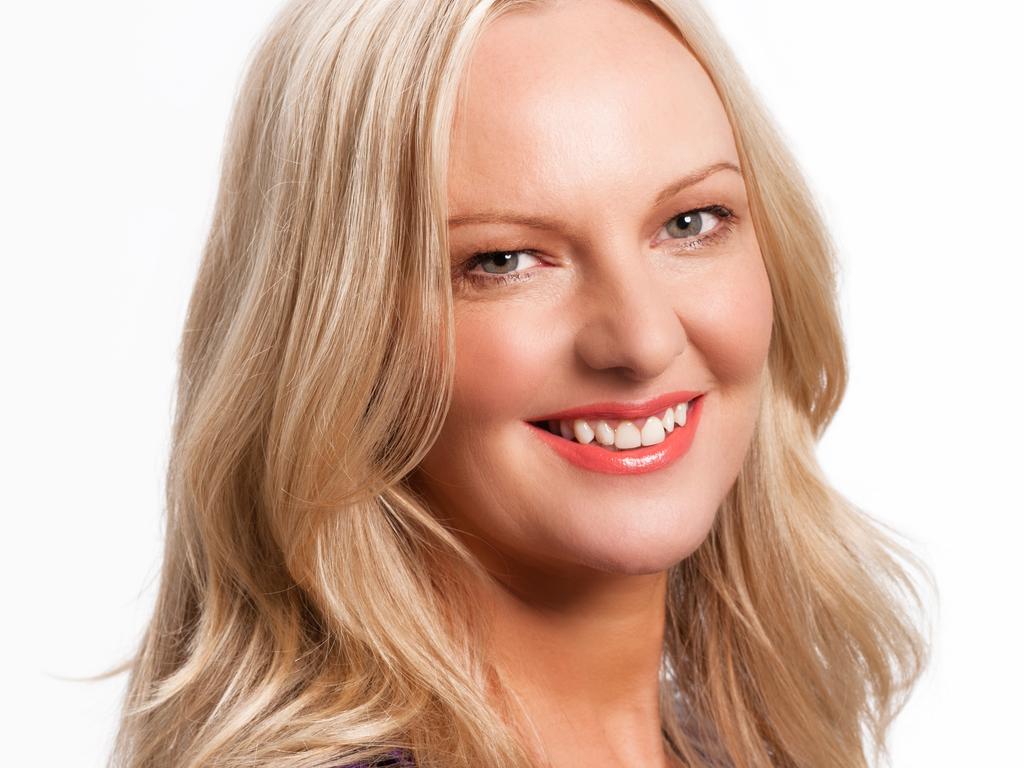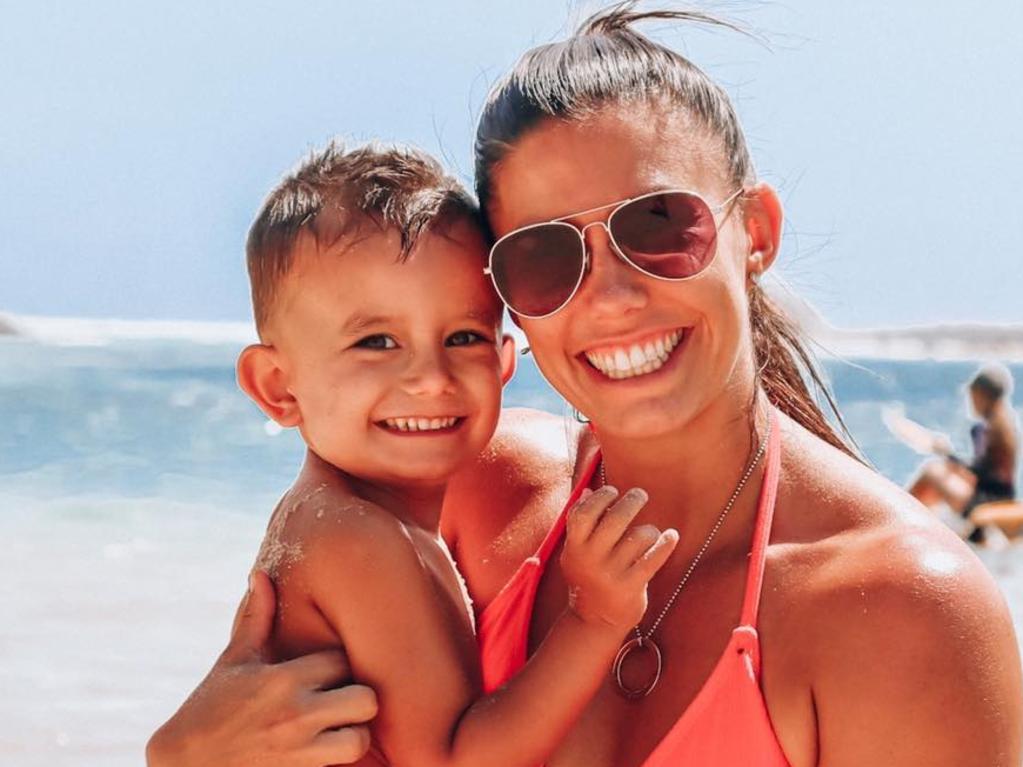Coronavirus Australia: Why calls to domestic violence helplines are plummeting
Across the country, calls to domestic violence helplines have slowed to a trickle – but this fact hides an “ominous” truth Aussies must confront.

Something that may seem surprising happened during the first weeks of the outbreak of COVID-19.
It was a time when many in the domestic violence sector were extremely fearful for the safety of women locked down with their abusers.
But one of the country’s major family violence response centres actually saw a drop in calls for help.
Safe Steps Victoria, which helps with emergency accommodation for women at risk, saw a 30 per cent decline in calls.
It was, though, an ominous sign, the silence concealing alarming truths behind closed doors.
“We’ve never, ever seen a decline that big before,” the centre’s CEO Rita Butera said. “And we were extremely concerned.”
Rebecca Poulson, a survivor of domestic violence who lives in the Blue Mountains, NSW, knows exactly why.
“All the calls for help I made were during the day, while he was at work,” she told news.com.au.
“It sends a chill down my spine having been in that situation. It makes me feel quite ill. These women have no reprieve. They’re now placating that abuser all day, and he’s watching them like a hawk.”

I ask her how it might’ve felt to have been locked down while in this abusive relationship. Just imagining it is painful for Ms Poulson, now 49: “As home time approached, the dread and tension would build as I heard the lock turn in the door. I’d feel sick and anxious and become hypervigilant,” she said. “For these women, hypervigilance will now be a daily state. It’d be very, very exhausting. Every bit of energy will go into keeping themselves alive.”
If these women have children even more vigilance will be required, she said.
“They’ll be doing things like keeping the kids away from their father if he’s in a bad mood so they don’t trigger him. Kids in lockdown will be stressed and anxious, so it’d just be awful, awful,” she said.
Ms Poulson urged people to call 1800 RESPECT if they feel at risk. But even that can be a minefield. “Women may need to check their phone for spying devices. It may be that they call from a neighbour’s or friend’s phone,” she said.
“In my sister’s situation, it got to the point where my mum took my sister to the police station, sat her there and said we’re not leaving ’til someone believes us.”

In 2003, Ms Poulson’s father, her nephew and her niece were all murdered at the hands of her brother-in-law as part of his campaign of abuse of her sister.
Ms Poulson is now an advocate and author on domestic violence and an ambassador for Our Watch, the charity that works in the primary prevention of violence against women and their children.
Having become a public face for this work, she knows that COVID-19 has removed all the clandestine and safe opportunities other women had to reach out to her for support.
“Mothers would sometimes approach me at the school gates and disclose quite bad abuse on them and their children,” she said.
The sudden disappearance of the domestic violence victim in helpline call numbers has been mirrored in some media appearances, Ms Poulson said.
“I sometimes see panel shows discuss this, even now, with lots of fantastic experts but not one victim like me,” she said.
“Even though things have gone quiet on the victim side, they’ll be working super, super hard to keep themselves and their kids alive.”
Front line refuges like Safe Steps are ready and responding to the extra challenges posed by COVID-19, Ms Butera said.
“Pre COVID-19, we were managing extraordinary workloads. Family violence was as prevalent and horrific prior to COVID-19, which has added another layer.”
On average, a woman dies violently every week in Australia, usually at the hands of someone she knows. For every woman murdered, thousands more are living with violence and abuse.
“A virus doesn’t cause family violence – gender inequality and disrespect does,” Ms Butera said. “But we’re seeing coronavirus being used as another form of coercive control.”
There’s one really important message she wanted to get out to women.
“This virus will not stop us providing emergency accommodation for women, who have every right to be safe. We can and will assist them. We are not full,” she said of Victoria’s emergency refuge options.
“All our accommodation is COVID-19 compliant – much of it is no longer the communal refuge, more an individual safe house.”
She also wanted to give a shout out to an often hidden key worker, one that doesn’t receive people applauding from their doorways and balconies – the domestic violence frontline support worker.
“They’re like any first responder,” she said. “They work round the clock to provide an essential service – and we need to ensure they’re supported, resourced and most importantly, acknowledged, at this trying time.”
Patty Kinnersly, CEO of Our Watch, is also concerned about the other ways COVID-19 will disproportionately affect women.
“They’re more likely to be in vulnerable jobs than men, to be underemployed and have less access to financial resources,” she said. “Many of the hard-hit industries, and those on the frontline of the crisis, are female-dominated, and we need to consider how to support those out of work and keep those on the front line safe.”
One narrative she’s keen to nip in the bud is the inevitably of violence during a lockdown.
“We need to remember that men who lose their jobs may be stressed, but this is no excuse for violence. We must not accept that women will be less safe during this period.”
I asked Melonie Sheehan, national program manager at 1800 RESPECT, if she remembered a time women were at this level of risk.
Christmas, New Year’s Eve, the days following footy finals and the weeks after natural disasters such as bushfires are, she said, the times they see a surge in calls from women at risk and their concerned loved ones.
When Hannah Clarke and her three children were murdered by Hannah’s ex-husband, 1800 RESPECT saw the highest ever contact volumes in the two days afterwards.

Ms Sheehan said there were practical tips for women who fear for their safety in lockdown:
– Identify safe areas of the house and ways to escape if possible
– Have phone charged and accessible with important numbers stored
– Make a habit of backing into driveway and keeping the car fuelled
– Let trusted friends or neighbours know of your situation and develop a visual signal help. Always contact police if things escalate.
Of course, over and above this, all professionals in the sector and beyond agree on this one piece of advice for men: Stop abusing women.
Rebecca Poulson’s advice for abusers is simple: “Seek help, ring Men’s Line. These are still your family who you love. Life would be better if you weren’t in this pattern of hurting them.”
Gary Nunn was an inaugural fellow of the Walkleys Our Watch Fellowship, aimed at improving media coverage of violence against women. Twitter: @garynunn1



